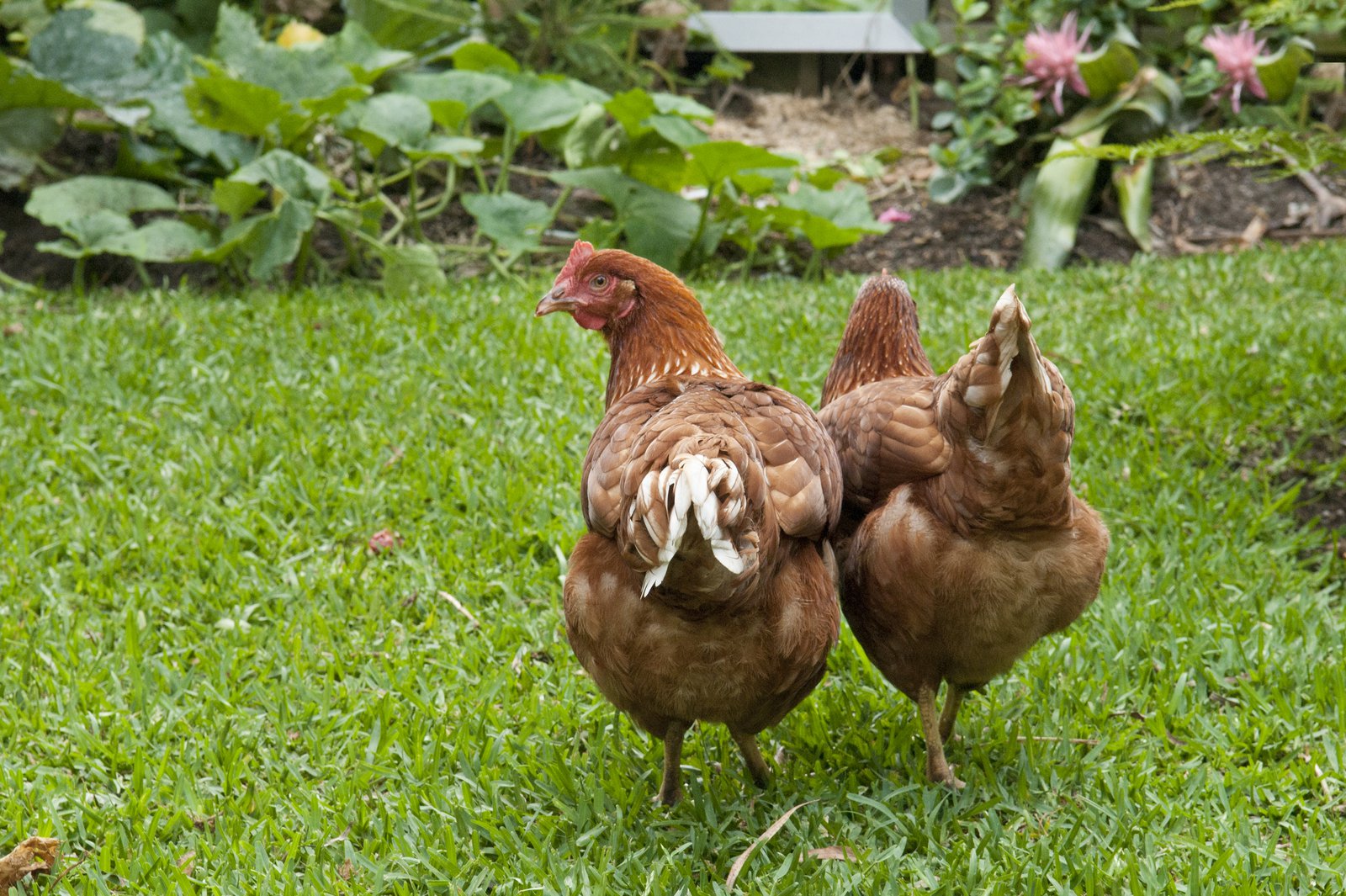Fowl Play: Raising chickens a human right or health risk?
Urban dwellers have been taking up the idea of growing their own food, sparked by a yearning for better-tasting, healthier, more sustainable and more economical produce. With backyard gardens becoming a common trend in cities and suburbs, backyard poultry has begun to creep its way through the gate. But with the potential health and sanitation risks, should chooks be kept out of our city environments?
Human right?
Everyone has the right to fresh, healthy, nutritious food. After all, humans have been raising chickens for food for thousands of years. Isn’t it just a basic human right?
Besides the obvious benefit of a regular supply of eggs, raising chickens is a great way of getting fresher, tastier and more nutritious eggs from well-tended, healthy, happy backyard chickens — something that is either expensive or difficult to find in today’s supermarkets. In contrast to factory farm eggs, eggs from backyard chickens have significantly more vitamin E, vitamin A, beta carotene and omega-3 fatty acids.
In addition, chickens are great for your backyard; their droppings are high in nitrogen so when added to the compost bin they add more nitrogen and improve your compost. Chickens provide natural insect control as they hunt and peck around the yard and their scratching for bugs is good for the soil.

© Australian Museum
Risky business?
Despite all the benefits, many people worry about the health and sanitation risks of raising chickens in densely populated areas such as cities and suburbs.
Bacterial diseases such as Salmonella and Campylobacter are common public health hazards associated with contact with chickens. Histoplasmosis, a fungal organism found in chicken droppings, can cause a respiratory disease with cough and shortness of breath which is acquired by inhalation of the organism from the environment. Finally, Avian Influenza (bird flu) is a theoretical public health hazard potentially associated with urban chicken farming. Birds can shed the organism in their saliva and feces.
Not only are there directly related health risks to raising chooks, but there are other indirect concerns such as the attraction of predators and rodents which are a potential risk if people fail to maintain a clean environment for the chickens.
Responsibilty is key
Of course all these health risks can be minimised by maintaining the property to minimize the accumulation of bird droppings, disposing chicken droppings in a safe manner, avoiding contact with poultry feces and carefully washing hands after handling the birds. But can we trust that anyone raising chickens will manage and handle their chickens safely and responsibly?
Do the potential public health hazards associated with urban chicken farming outweigh individual and community benefits? Should cities and suburbs embrace backyard chooks or chicken out of the idea?

